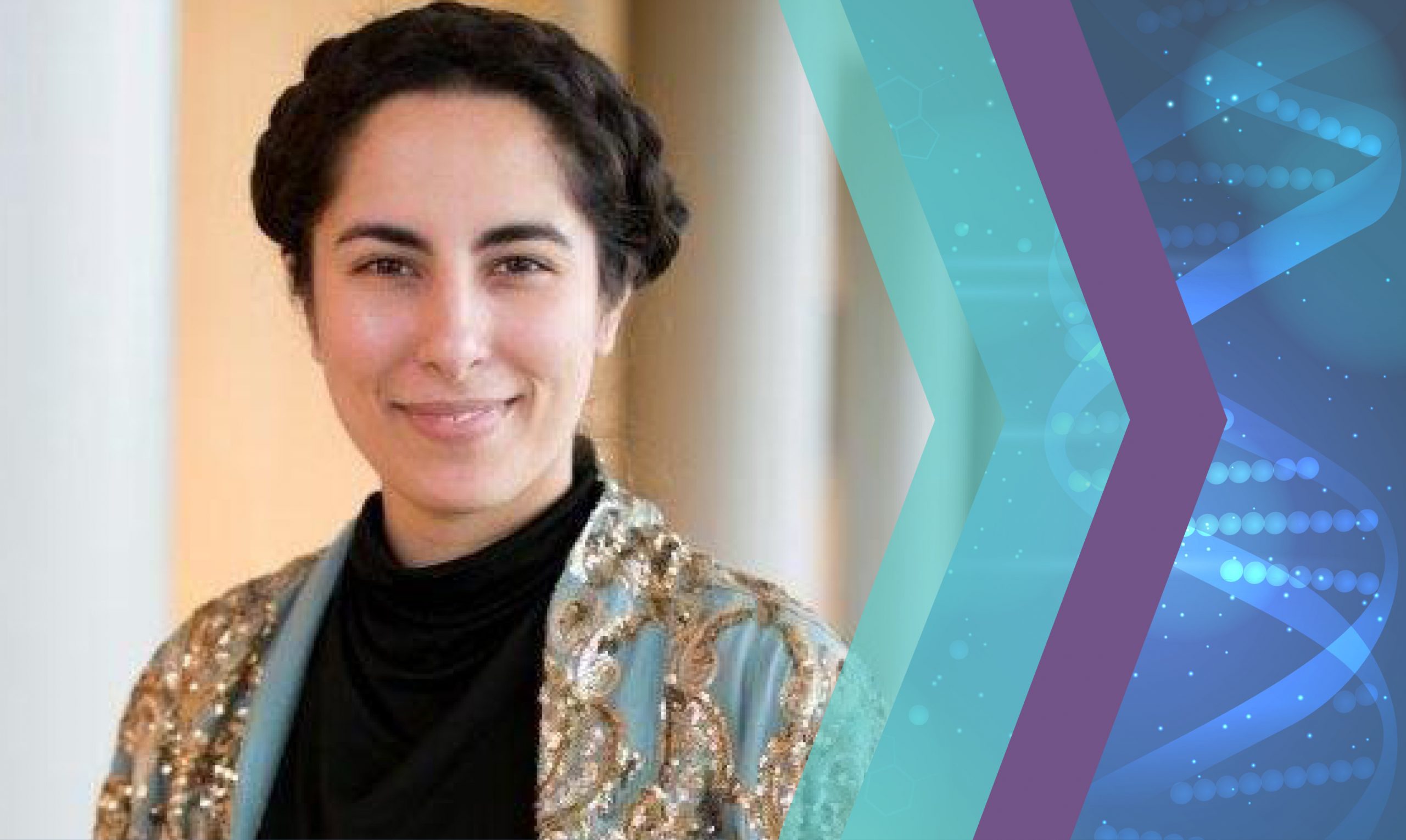
Nita Mukand was certain she wanted to enter the health care field, but she was uncertain in what capacity.
“There is a long tradition of serving patients in my family,” said Mukand, who was recently selected to receive the University of Illinois Cancer Center’s first Pfizer Fellowship, a MPI/R01 grant that provides her with $25,000 to be used to defray the cost of attending annual meetings and tuition. “My great-grandmother was a nurse and my grandfather was a physician, as are both of my parents. I want to continue in that vein.”
While pursuing an undergraduate degree in biology at Wesleyan University in Middletown, Conn., Mukand shadowed a clinical pharmacist and witnessed the therapeutic impact pharmacists have on patient care. The experience, she said, inspired her to enroll in the UIC College of Pharmacy’s PharmD/MBA program, because the school “is a major research institution that has a strong clinical emphasis.”
During her initial semester at UIC, Mukand’s interest in cancer research was piqued after completing a course co-taught by former UI Cancer Center member Judy Bolton, PhD, distinguished professor and head of the department of medicinal chemistry and pharmacognosy who was a renowned chemical toxicologist whose research centered on natural products.
“We studied the safety of licorice and red clover, which are alternatives to hormone replacement therapy for menopausal symptoms, and explored the effects they have on estrogen metabolism in breast cells,” Mukand said. “Estrogens can either be metabolized to reactive molecules that damage DNA or to detoxifying molecules that are beneficial. We studied the proportion metabolites to assess the safety of these botanicals.”
Exploring the risk factors and health disparities associated with carcinogenesis has been a long-standing interest of Mukand’s. She is currently studying cancer epidemiology, particularly the risk of second primary cancer in American women with malignant ovarian tumors. It has been studied by race, but not ethnicity, she said.
“Asian Americans are often grouped in one category in research studies, but there can be differences based on ethnicity,” said Mukand, who is assisting Greg Calip, PhD, MPH, PharmD, UI Cancer Center member and assistant professor of pharmacy systems, outcomes and policy, with the research. “Understanding who is at risk and why there are differences in incidence will hopefully lead to better outcomes for patients.”
Cancer, Mukand said, “feels like a betrayal, as one’s own cells turn against their body and often threatens its very existence. No one is unscathed. Everyone knows or loves someone who is touched by cancer. Fortunately, we now have better screening methods to detect cancer, better medications and better preventative approaches. But unfortunately, access to these resources is not the same across socioeconomic groups, races, ethnicities and geographic regions.
“I am interested in cancer research because everyone should receive the best shot at a cure.”
Following her graduation from UIC’s PharmD/MBA program in 2020, Mukand plans to pursue a PhD in health policy, with a focus on cancer. She hopes to remain in academia as a college professor.
